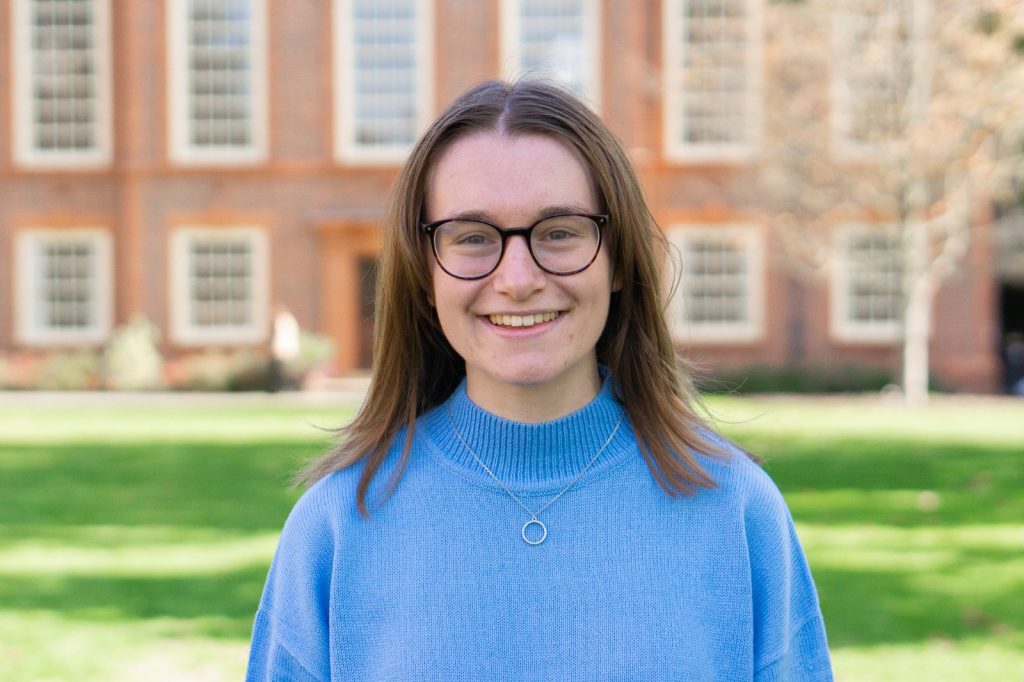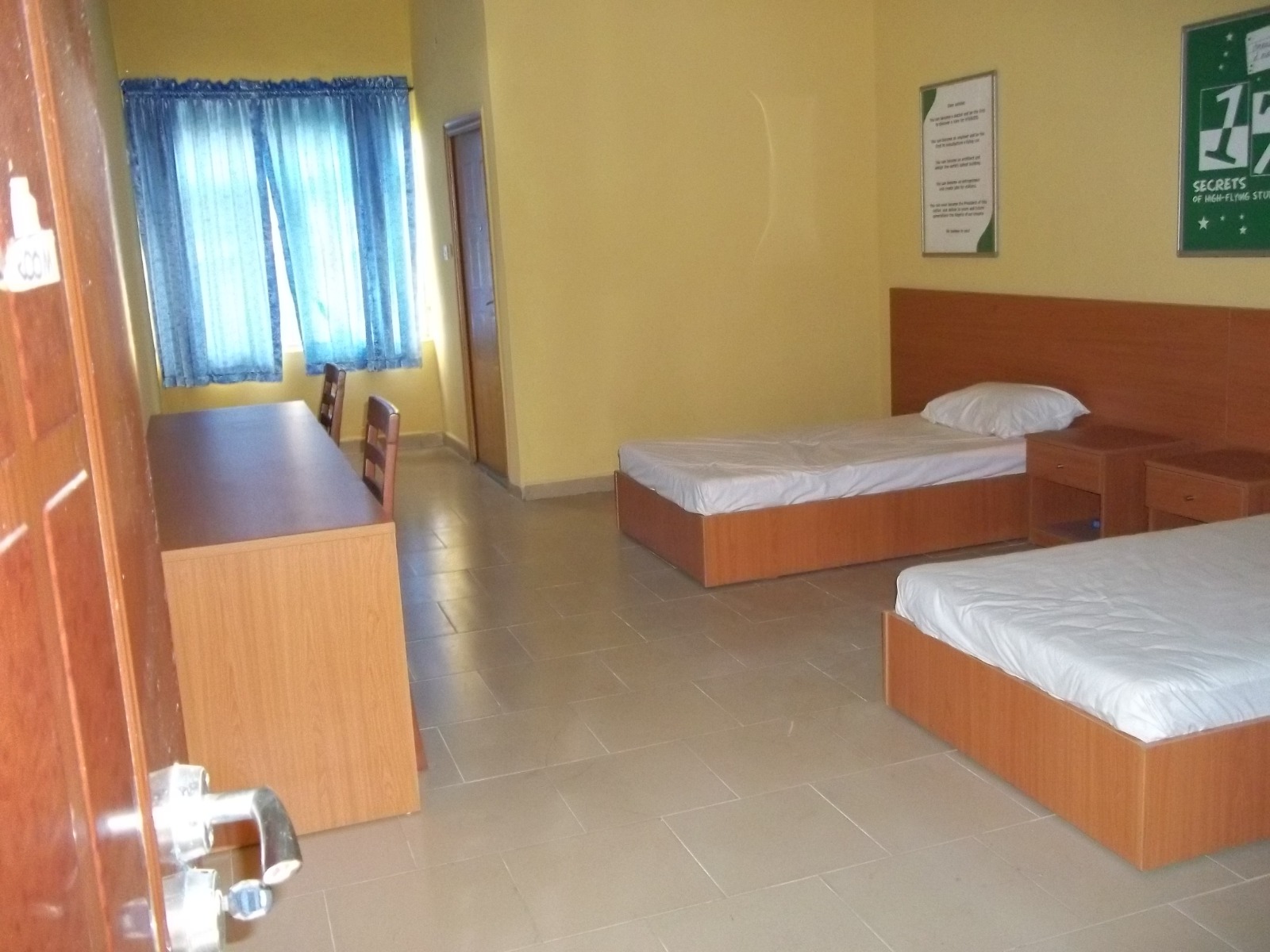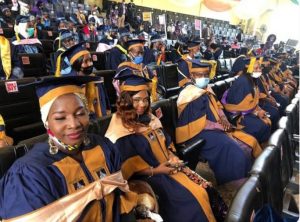
Holly Cobb
For Holly Cobb, a second-year French and Linguistics student at Oxford University, combining caring work with academics is complicated, as well as challenging. Accepting the offer at Oxford, she had to do her findings through Google if there would be support as a young carer but she was unable to find any.
But her never-say-die spirit woke up the doggedness and diligence in her to merge caring work with academics, so much so that she is getting the most out of the two experiences.
According to her a lot of young people who take up caring work never bother, or do not attempt to seek higher education, but in her case she persisted.
“Young carers regularly report higher stress and low mood because of their caring roles. They achieve an average of one grade lower at GCSE than their peers, whose time is dedicated just only to their studies at school,” Cobb expresses.
She adds that apart from their school work, they are confronted with over 50 hours a week of caring, and despite this, schools and universities are often not aware of the extra burden facing young carers as their needs are rarely considered.
Many young carers, Cobb narrates, do not even know that they are carers. They don’t see themselves as providing an unusual service, and they are often missed out in social events because of the challenging nature of the work.
“Many are involved in household tasks and personal care from as young as five. They don’t see administering medication, helping family members get dressed… as anything unusual,” she says.
However, as nerve-racking and energy-sapping this work is, Cobb can combine it with academics and still make headway.
Going through the rigour, and still being able to navigate through, she counts herself lucky, even though she and other young carers in her school were offered a network of support through youth groups, respite trips, and access to project work.
Describing her experience in Oxford, she explains that the university environment has made her more reflective. “Moving here, I have been forced to confront my own identity, and to question how much I was, or am anymore, defined my caring role…
“What was and still is strange to me is the realisation that…I am forging an identity for myself, entirely divorced from being a young carer…yet, even as this new self gradually emerges. I am conscious of still being different…I cherish both my upbringing and my time in Oxford,” says Cobb.
She describes herself further as being lucky to live and study in Oxford and that her caring work did not deny her from applying and studying at the university.
Advising other students who take up caring roles, Cobb says they should know that they are seen and heard, no matter how big and small their caring role, explaining that the invisible work that they do is not insignificant.
A young carer is a person under 18 who provides or intends to provide care for another person. She helps another family member with a mental or physical illness, a drug or alcohol dependency, or a disability, by providing a mixture of practical and emotional support usually expected of an adult.





















